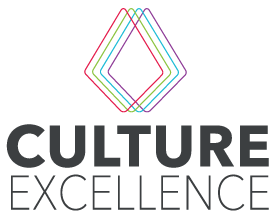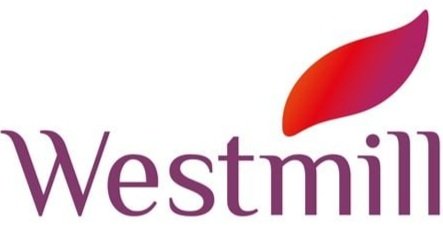Case Study: Westmill Foods
Westmill Foods is one of Europe’s largest specialist food companies, manufacturer and supplier of authentic Asian and Afro-Caribbean food. We serve the chefs and owners of restaurants and takeaways as well as offering a diverse consumer portfolio. Our product range includes high quality rice, spices, sauces, edible oils, flour and noodles, which we sell to partners in wholesale as well as cash and carry, food service, grocery and B2B.
Westmill first completed the Culture Excellence assessment in 2017.
A deeper insight
The main reason why Westmill decided to participate in the Culture Excellence Assessment was to gain a deeper insight into staff opinion, attitude and behaviour in relation to safety and quality, and to assist in identifying the most important targets for resource allocation. We always talk about the unseen culture and how important it is – a message that Westmill’s Head of Technical Pamela Raines was fully on board with from the start. Knowing whether employees understand the importance of compliance, the consequences of getting it wrong and what’s really empowering the Westmill people were just some of the key driving questions for her.
Unsurprisingly, before even beginning their journey, Westmill already recognised the importance of cultural links between food safety, quality and health and safety. The foundation is a company-wide set of values, where the common talking points are ensuring that the company keeps people safe, that it complies with all legislative requirements and maintains their strong reputation and systems. But most importantly, that it is Westmill’s moral duty to have the highest standards of food safety, quality and health and safety.
The culture prep
With this in mind, Westmill started their Culture Excellence Assessment in February 2017. To assure its success, the company involved all the key players in their organisation, including the board, to convey the message and its importance. Westmill published articles in their company newsletters, placed posters around the sites and had cards with explanations on what the assessment was and why it was imperative. Not to mention the dedicated site briefings, where the employees had an opportunity to come and ask any questions related to the process. These impressive efforts clearly paid off, as the company achieved a very high participation rate of 92% across all sites, and it was also mirrored in their results where they did particularly well in the Empowerment and Values dimensions.
In order to learn and improve from their results, Westmill believed that the best way was to build a comprehensive communication plan around these topics – as Pamela says:
“You have to continue to communicate to keep that momentum going!”.
The company implemented several changes and strategies after the assessment, including dedicated workshops and a clear set of cultural KPIs.
Lessons from Trafford
Each site developed their own strategies for how to tackle the survey results. An example of what the company did at their Trafford site was to divide a strategy for food safety and quality commitment by the four Ps: People, Process, Purpose and Proactivity. Each category then set out specific action plans.
For People, Trafford decided to focus on:
Identifying skills and training required for job roles
Providing training to empower people and teams
Making training more fun and interactive as well as more applicable to Trafford site itself and the jobs that people do
Involving teams in 3rd party audits
When it came to Process, the site decided to:
Review the internal audit programme
Train more people as internal auditors
Challenge the site's SOPs and WIs
Challenge the systems overall
Strengthen the site's GMP standards
As for Purpose, the focus was put on:
Working towards the Westmill Food Safety and Quality vision
Developing clear KPIs for Food Safety and Quality
Putting the company's customers first
Developing working streams for key areas / activities driving improvements
And last, but by no means least, the company set the following commitments in the Proactivity category:
Use of CI tools for NCR's and complaint investigation
Right first time - looking into what things can effect the company's RFTs and what can be done to prevent it
Improving site audit scores year-on-year.
Lessons learned
This is a great approach by Westmill, that dissects the Culture Excellence assessment information into concrete steps to be taken. It also empowers their employees because they are involved in the process from the very beginning and lets them understand that the company is taking their commitment to safety and quality seriously.
Westmill will be repeating their assessment later this year, and are of course looking to improve their scores. We certainly are very excited to see the results of their hard work and dedication.




